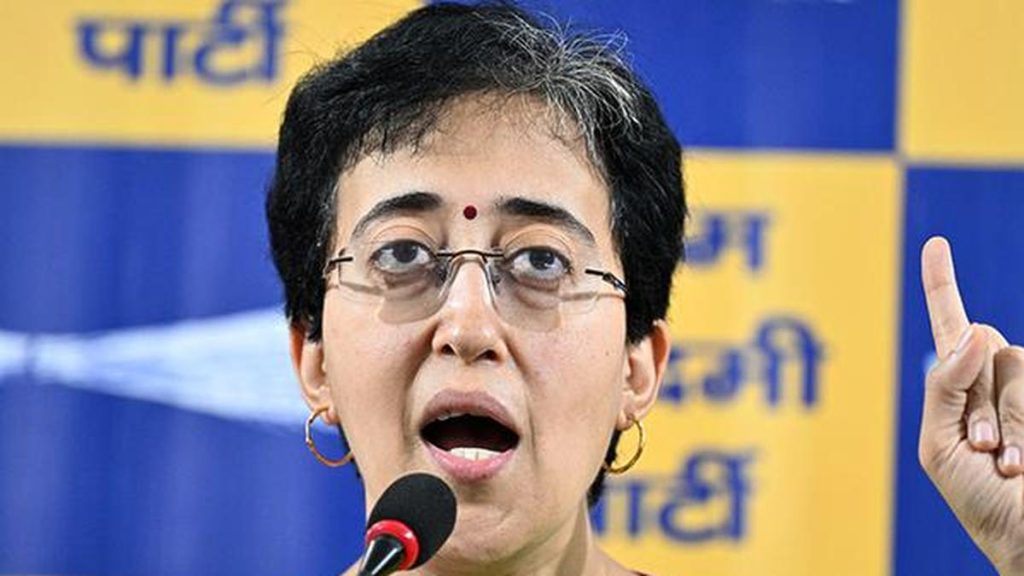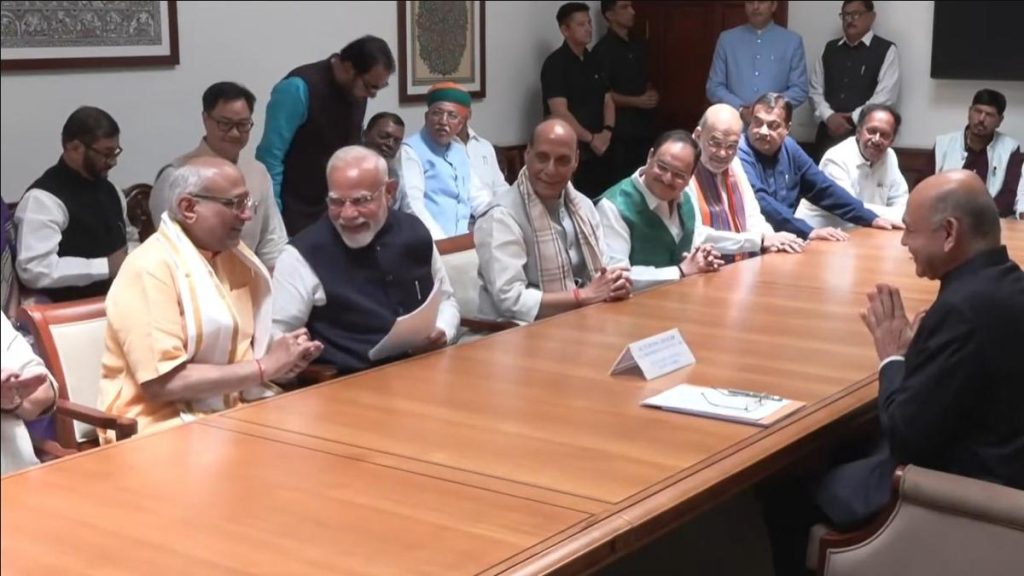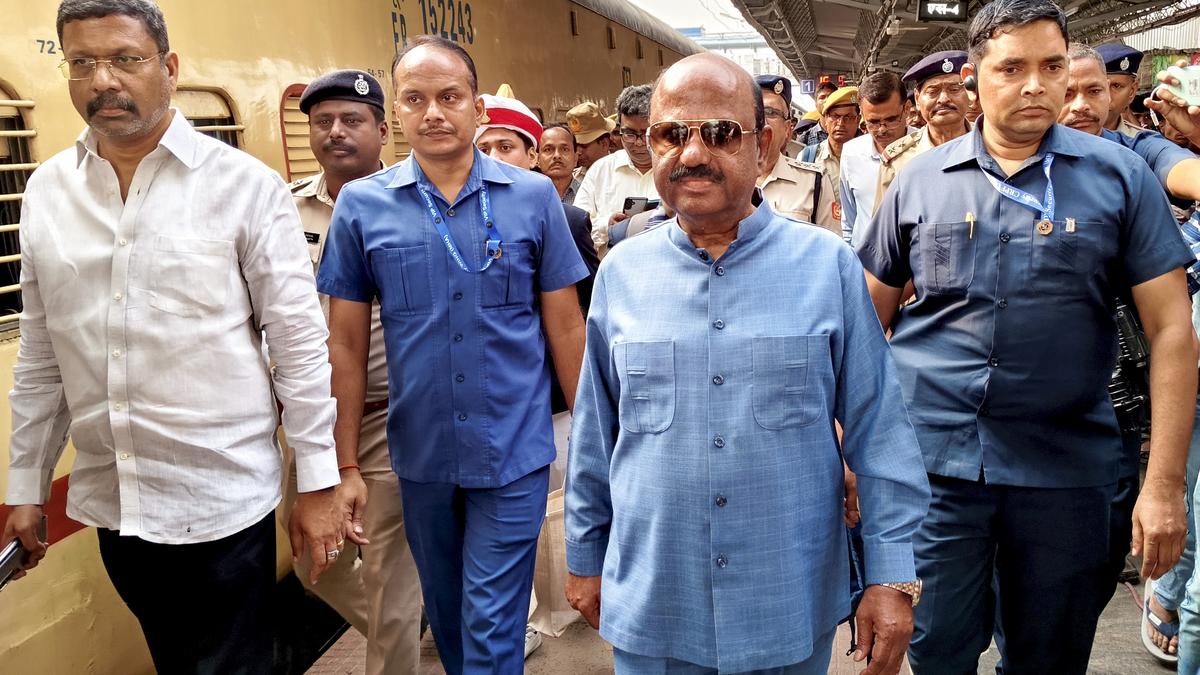Now Reading: Aadhaar Mandatory for Welfare: Officials Extend Support to Maharashtra Tribals
-
01
Aadhaar Mandatory for Welfare: Officials Extend Support to Maharashtra Tribals
Aadhaar Mandatory for Welfare: Officials Extend Support to Maharashtra Tribals
Swift Summary
- Tribal families in Maharashtra are unable to access welfare schemes, schooling, healthcare, and ration due to lack of Aadhaar cards or other government documents.
- Despite court rulings against denying essential services for lack of Aadhaar, these families face exclusion and harassment.
- NGOs like Pune-based Swadhar Institute have compiled lists of affected children and shared them with government departments.
- Recent media coverage prompted responses from the education Department, Tribal Department, district administration, and Aadhaar Seva Kendra officials.
- Government officers assured NGOs they would work on securing essential documents for children and register them on Maharashtra’s SARAL education portal for benefits under the Right to Education Act.
- SARAL portal ties students’ access to schemes (scholarships, uniforms) with their Aadhaar-linked details.
Indian Opinion Analysis
The lack of documentation among tribal families highlights critical gaps in India’s push towards digitized identity as a tool for governance. While the government’s outreach following media intervention is commendable, it underscores a reactive system rather than proactive engagement with marginalized communities. ensuring equitable distribution of benefits demands long-term mechanisms that address systemic barriers such as migration patterns and inaccessible documentation processes. Connecting children to education via platforms like SARAL could have transformative effects; however, success depends on execution timelines and sustained follow-through by authorities.
Read more: The hindu






















